To many Western investors and business leaders, investing in China may seem risky, given the growing divide between it and the United States. But consultant Shaun Rein offers an intriguing counter-perspective on China that potential investors might not hear in the US media. While the country is going through a period of disruption and change, the US trade sanctions have triggered innovation. Rein expertly details China’s efforts to position itself as a future leader in AI, electric vehicles, and green energy, as it creates a more competitive landscape in which to drive economic growth.
US trade sanctions on China have triggered a “split” between the nations, dividing global markets.
For American companies, investing in China used to be a no-brainer decision. No country could match China’s unique blend of pro-business policies, rising incomes, and scalability. Under both the Obama and Bush Jr. administrations, US companies seized opportunities to profit from China’s low-cost labor while selling goods to China’s growing middle-income class. However, US investment in the country began to decline when the Trump administration instigated a trade war with China, framed as a response to the prevalence of copyright infringement and exploitative labor practices in China. China’s president Xi Jinping struck back, slashing purchases of US agricultural commodities such as beef and soybeans, a move that reflected the beginning of a great split, or economic and cultural divide, between the two nations.
China has responded to the split by innovating and shifting its focus away from dated growth areas, such as real estate, toward those needed to usher in a sustainable ...
Shaun Rein is the author of The War for China’s Wallet, The End of Copycat China, and The End of Cheap China. He is the founder and managing director of the China Market Research Group.






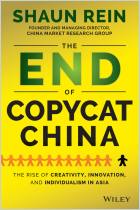
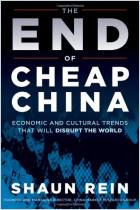

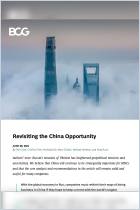
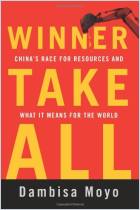
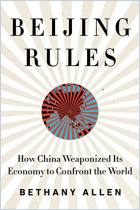
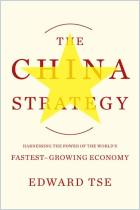
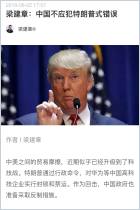




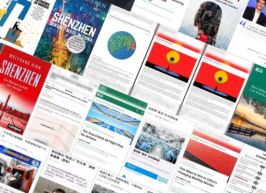


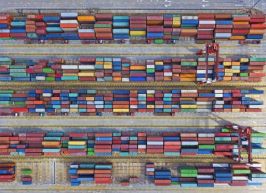
Comment on this summary